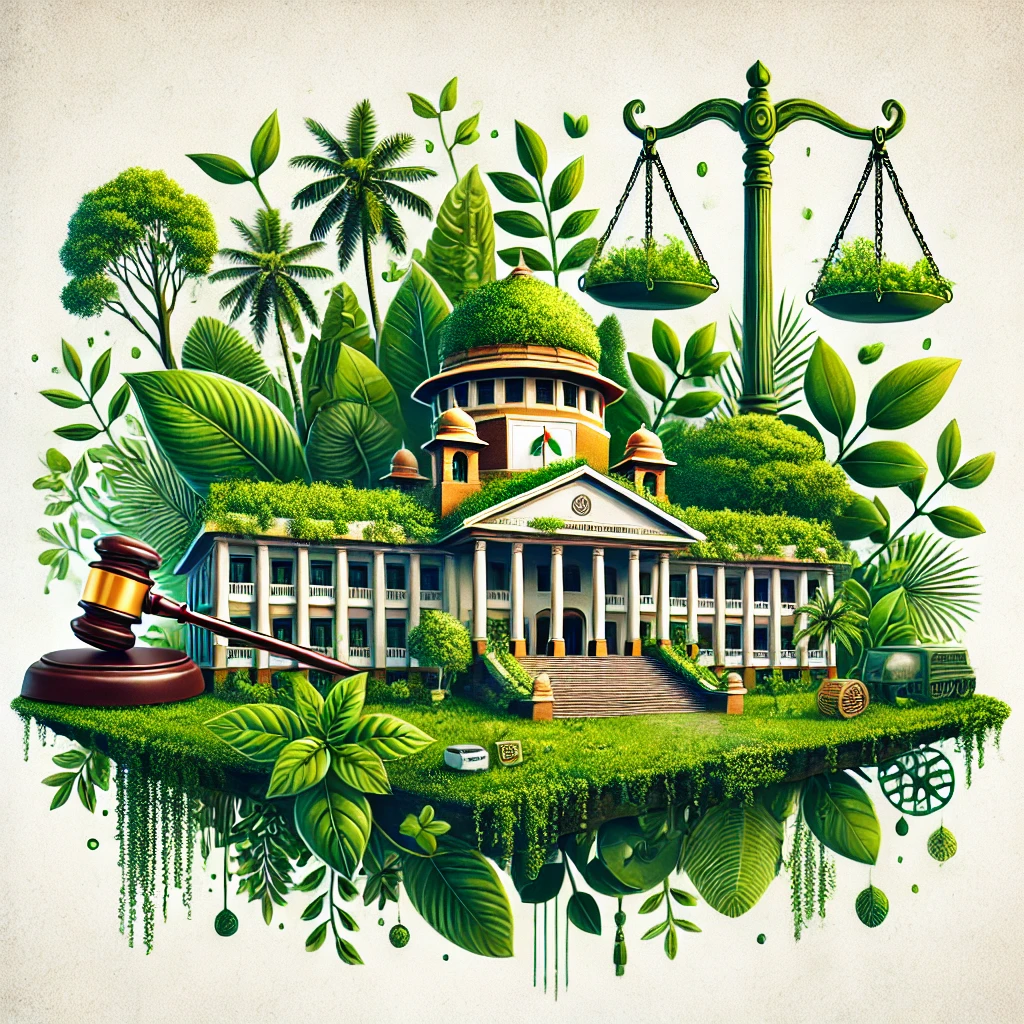Environmental laws at Puerto Rico (US)
Puerto Rico, as an unincorporated territory of the United States, operates under a unique legal framework that integrates both federal and local environmental laws. The Environmental Protection Agency (EPA) oversees federal environmental regulations on the island, ensuring compliance with national standards for air, water, and land protection.
Key Environmental Legislation in Puerto Rico:
Puerto Rico Environmental Public Policy Act (Law No. 416 of 2004): This act establishes the island's commitment to environmental protection, setting forth policies for sustainable development, pollution prevention, and the creation of the Environmental Quality Board (Junta de Calidad Ambiental) to oversee environmental matters.
Puerto Rico Energy Public Policy Act (Act No. 17 of 2019): This legislation sets ambitious goals for renewable energy adoption, aiming for 100% renewable energy by 2050, with interim targets of 40% by 2025 and 60% by 2040.
Environmental Quality Board Regulations: The Environmental Quality Board enforces regulations related to air and water quality, waste management, and environmental impact assessments, ensuring that projects comply with established environmental standards.
Recent Developments:
Renewable Energy Initiatives: The U.S. Department of Energy has allocated $1.2 billion to support renewable energy projects in Puerto Rico, including solar panel systems and battery storage, to enhance energy resilience.
Debate on Renewable Energy Goals: A proposal to eliminate Puerto Rico's renewable energy targets and extend coal plant operations has sparked controversy, highlighting the challenges in balancing energy needs with environmental goals.
These legislative measures and ongoing initiatives reflect Puerto Rico's efforts to align with federal environmental standards while addressing unique local challenges, particularly in the context of energy resilience and climate change adaptation.












comments